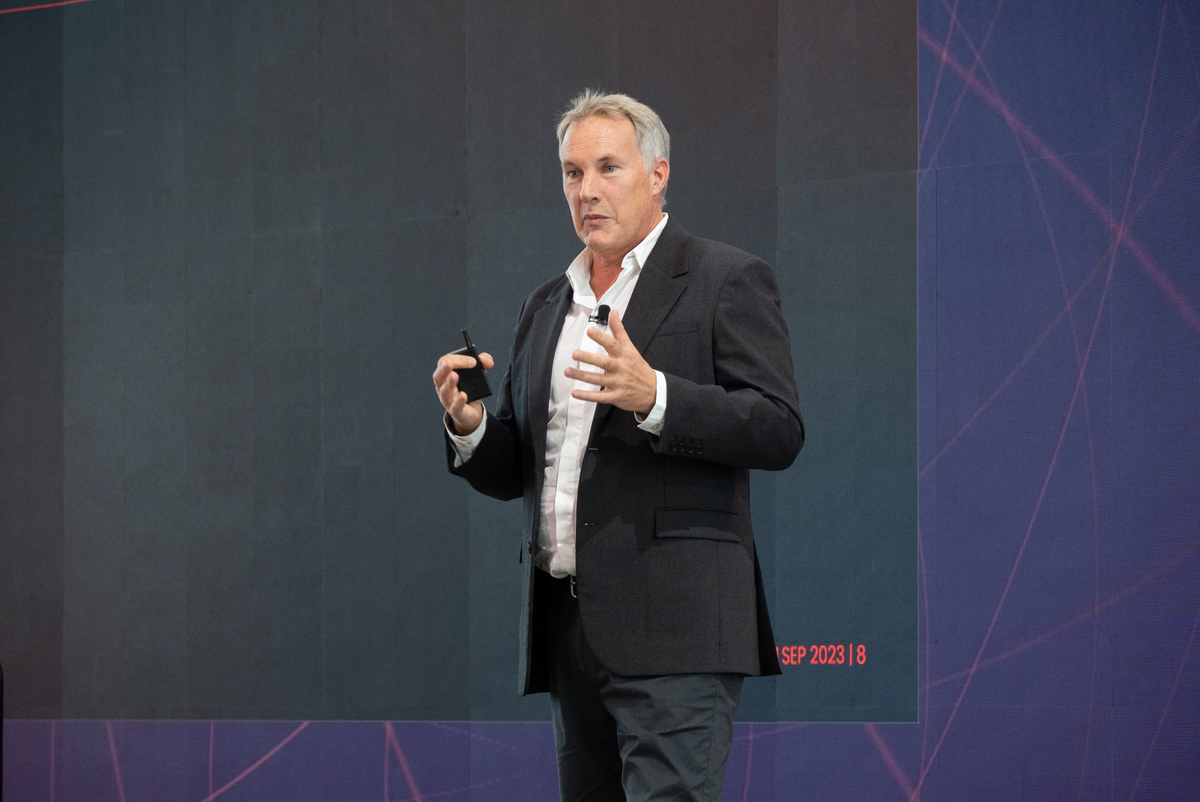Skift Take
Hostels satisfy a basic human need: social connections. And Hostelworld CEO Gary Morrison wants to act on it.
Privacy is premium for guests at hotels and short-term rentals. But it’s a different story for hostels.
“What we aspire to create is a place for people who are looking to meet other people while traveling,” said Hostelworld CEO Gary Morrison at the Skift Global Forum last month.
I caught up with Morrison recently to understand Hostelworld’s mission – and the business strategy behind it.
On the Role of Hostels in the Lodging Market
Airbnbs, hotels, bed and breakfast inns — these are really descriptions of accommodation. There’s another way to think about it, said Morrison. He observed that business and leisure travel wasn’t the only “need” that travellers are looking to satisfy : many travellers use vacations as means to meet new people. This is the dominant need for travellers who use hostels, but people also use other accommodation types too when satisfying this need when they are older and have more income.
“What need are you trying to satisfy here? So I’m introducing another category,” he said. “There’s a lot of people who are looking for others to go traveling with, to a particular destination. And they are solo by circumstance, not by design.” These people may not have settled down with a partner for whatever reason, might be divorced, or retired, moved to a new city and so on.
Morrison added that the travelers who are thinking about travel in terms of business versus leisure aren’t typical Hostelworld customers.
“I do want to make sure that we continue to position the brand more around the emotive need that we satisfy helping people find this to hang out with.”
Morrison said that hostellers never remember whether the pillow was comfortable, the dorm they stayed in or the communal areas – but rather they always remember the people they met and the crazy things they did together.
On Hostelworld’s Future Plans
Hostelworld isn’t ignoring the category of travelers with higher disposable income looking for different experiences.
“People who have a little bit more income, it’s likely that they will be looking for different kinds of accommodation and they probably want three days, a long weekend because but not a 10-day vacation,” Morrison said. “To address them, we’re already thinking about the propositions, we have the platform to do it, it would need a different branch. And I’m not exactly sure how we would do that. We may look to acquire a small business with a brand that we like that’s got the domain name with all the worldwide trademarks.”
Morrison hinted at the company creating a sub-brand either organically or through acquisitions by 2025.
“We have a super exciting roadmap of different social type features, consistent with helping travelers find people to hang out with. You’re going to see another brand, which we are going to stand up and build and go after that out of loneliness segment.”
Morrison added that Hostelworld will focus on growing that brand the same way as the current business in the next three years.
“And I would hope at least by summer of 2025, we will have a brand sorted out,” Morrison said. “It depends because maybe there’s something that will catch our eye next year in terms of acquisition, which could be just exactly what we want, but if not, we will build it.”
Dwell Newsletter
Get breaking news, analysis and data from the week’s most important stories about short-term rentals, vacation rentals, housing, and real estate.
Have a confidential tip for Skift? Get in touch
Tags: hostels, hostelworld, Travel Trends
Photo credit: Gary Morrison, Hostelworld CEO at Skift Global Forum 2023: Source: Skift
